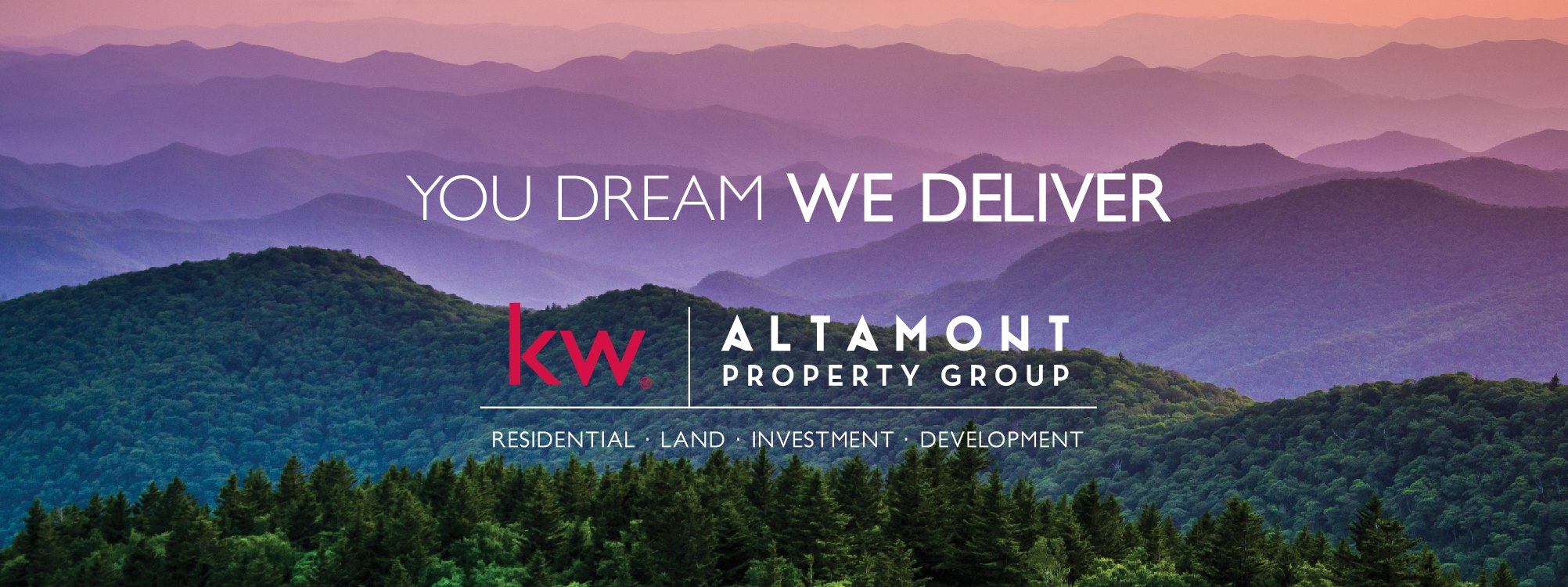
If you want to learn how to purchase vacation rentals in Western North Carolina, there are many factors that need to be considered to ensure success.
Tourism Market Overview
It’s no secret that Western North Carolina has seen tremendous growth as a tourist destination over the past few decades. As the hub of the region, Asheville has been the epicenter of this growth, seeing the construction of 1,341 hotel rooms in the Downtown Asheville core since 2009 alone. Following the recession tourism numbers have continued to increase annually, with each year trending to break the record set by the previous year. In short, the tourists have been coming, and hoteliers are betting big that this growth will continue.
The growth in hospitality rooms isn’t confined to just hotels. In a few short years, we’ve seen explosive growth in online vacation rental websites like Airbnb and VRBO. A new demographic of traveler has emerged that prefers Airbnbs offering authentic local experiences and personal connections in lieu of staying in a traditional hotel. In fact, Airbnb has become the world’s largest provider of hospitality accommodations, yet owns no real estate! Using these websites, we’ve seen many property owners market their properties as vacation rentals to take advantage of the relative ease of marketing and generating rental income. According to Airbnb data, the Asheville region generates the highest volume of Airbnb sales in North Carolina by a wide margin.
In Asheville, Airbnbs and vacation rentals have been a polarizing topic for the community. This debate is being seen across the nation, particularly in areas that experience more tourism demand and higher costs of living. Regulations have been enacted restricting STRs (short-term rentals) in residential areas of the City of Asheville, unless it legally qualifies as a ‘Homestay’. This Airbnb discussion an entirely different topic altogether, but I cite it as an example for buyers and property owners to thoroughly conduct their due diligence before a purchase or listing a property as a vacation rental. More information on the City of Asheville Airbnb and Homestay ordinances can be found here.
This tourism growth is not confined to Asheville alone. Western North Carolina is home to many quaint small towns that each cater to their own tourism submarkets, many of which have long been desirable second home and investment property locations. Examples include Waynesville and Maggie Valley in Haywood County; Hot Springs, Marshall, and Wolf Laurel in Madison County; Hendersonville and Henderson County; Brevard and Cedar Mountain in Transylvania County; Cherokee and Bryson City in Swain County; Sylva, Cullowhee, and Cashiers in Jackson County; Highlands in Macon County; Lake Lure in Rutherford County; and Tryon and Saluda in Polk County aka Carolina Foothills Horse Country.
Tourism data, occupancy data, and market competition should be analyzed to assess rental potential for each submarket and real estate listing. This data can be obtained for both hotel occupancy and Airbnb occupancy numbers. Curious on which area is best for your personal use and investment cash flow needs? Ask your real estate broker for the data and market guidance!
![]()
After you’ve obtained a solid knowledge basis on the right area for your personal use and investment needs, what factors should you consider when evaluating individual properties?
Location & Setting
Location is the most important factor to determine the investment potential of a vacation rental property. In general, properties with easier access to towns, amenities, and things to do will see more rental demand. More rural properties with quieter settings also can be used as rentals, but cater to a smaller rental pool of visitors who prefer the solace of staying put in one place, typically for weekend or shorter stays.
The setting of a vacation rental is also important. If the property has a convenient location then guests tend to accept a wider variety of settings, many busier and less private (i.e. – a roadside motel). Private and pristine natural settings, many with views or water/creek access, offer a more relaxing setting for guests. A goal is to bridge both worlds for an ideal setting with convenient access.
Management, Marketing, & Booking
There are two options regarding the management of a vacation rental – self manage or outsource to a vacation rental management company. For self-managed rentals it’s up to the owner to advertise the property, handle bookings, respond to guest inquiries, direct check ins and check outs, and coordinate housekeeping, along with any repairs. Management companies charge a percentage of the gross booking amount, and offer value to owners by coordinating everything mentioned above, providing a more hands-off experience. Management companies also typically use established marketing avenues that drive higher occupancy rates for their properties. Each side has its benefits and drawbacks, it’s important to assess the pros and cons of each to determine what is best for your needs.
Also, how will people find your rental? How well is it presented to lure potential guests? It’s no secret – just like in real estate sales, properties that are marketed correctly stand out and get more bookings. Excellent photographs and informative descriptions are essential. Guests can find a vacation rental property through many outlets, including Airbnb, VRBO, HomeAway, other online sites, and even your local TDA or Chamber of Commerce. For self-managed properties, owners should consider creating a custom website with booking engine. Casting the widest marketing net will help generate more bookings.
Cash Flow and Investment Returns
A property purchased as a vacation rental should fill two roles – investment returns from rentals, and enjoyment from personal use. To determine net income, the property owner must deduct operating expenses from gross income. Expenses can include (if applicable) property insurance, real estate taxes, repairs and maintenance, management fees, advertising costs, cleaning fees, business licenses, accounting fees, utilities, loan principal and interest, and more. Whether a cash purchase or loan purchase, returns are typically determined using cash on cash return or CAP rate calculations. If a loan is used to purchase the property then rental net profits may be less or absent in some cases, and investment returns are realized in the form of long-term equity growth and minimal holding costs, while also seeing the benefit of personal use. Your broker should be able to assess tourism data, occupancy data, and average daily rates (ADRs) to generate gross income assessments for properties of interest. Vacation rental management companies can also be good sources of rental assessment information.
Guest Experience & Reviews
The experience offered to guests plays a huge role in the overall performance of a vacation rental. Owners should take care to ensure the furnishings are nicely kept and arranged, the beds are comfortable, linens and towels are clean and fresh, the kitchen is well stocked with appliances and utensils, the space is odor free and clean, household sundries are provided, and more. There are some sketchy Airbnbs out there! It’s apparent when an owner or management company cares about the property and the experience offered to guests.
Reviews are a very important consideration for guests as they book a vacation rental. If guests have a poor experience it will be apparent in the reviews, and future bookings will be affected. Conversely, properties that are well managed and maintained carry more positive reviews and attract more future bookings.
Zoning / Regulations / Occupancy Taxes
A thorough investigation of any zoning and regulations is of utmost importance for any vacation rental. Are there any STR zoning restrictions from the City or County that the property is subject to? What health, safety, and building codes is the property or rental subject to? Are any licenses or approvals needed to operate a STR legally? Owners must also take into account occupancy and sales taxes generated from their rental property revenues. Typically these taxes are paid by guests in addition to the nightly rate, similar to what’s seen when you book a hotel room.
![]()
ABOUT THE AUTHOR:
Collin O’Berry is a Top 100 Realtor in Asheville (2016, 2017, 2018) and Managing Broker of the Altamont Property Group with Keller Williams Realty. Collin is also a Managing Partner of Pilot Cove: Forest Lodging, a 124 acre hospitality development bordering Pisgah National Forest in Brevard NC. If you’d like to learn more about how to purchase vacation rentals in Western North Carolina, Collin can be reached at 828-782-5582, ext. 1 or altamontpropertygroup@gmail.com.





